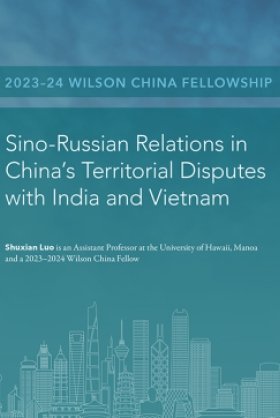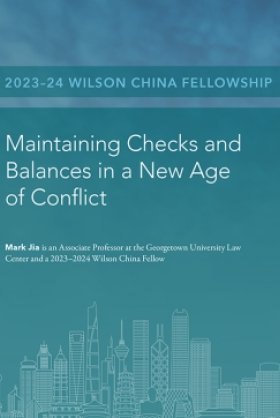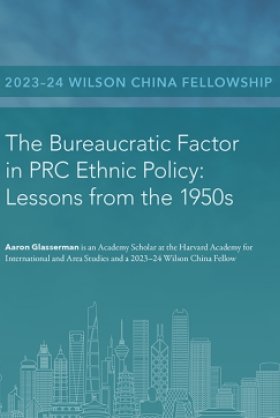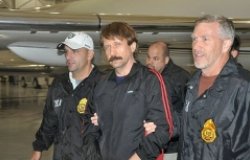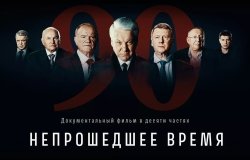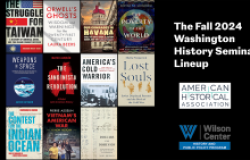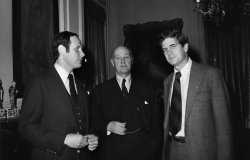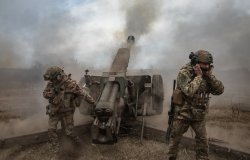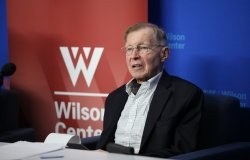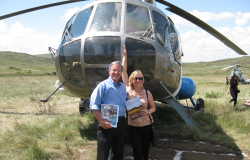Two Days in June: John F. Kennedy and the 48 Hours that Made History
On two consecutive days, in two lyrical addresses, JFK appeals to Americans to see both the Russians and the “Negroes” as human beings. His speech on June 10 leads to the Limited Nuclear Test Ban Treaty of 1963, the first arms control agreement of the era. His speech on June 11 leads to the Civil Rights Act of 1964, a watershed in American history. Based largely on hours of unseen documentary film shot in the White House and the Justice Department on these two days, as well as fresh interviews and a rediscovered draft speech, Two Days in June: John F. Kennedy and the 48 Hours that Made History elegantly captures Kennedy at the high noon of his presidency in new, rich, granular detail.
Overview
In June 1963, John Fitzgerald Kennedy has been president of the United States for almost two and a half years. That spring he is grappling with the two seismic forces of the early 1960s: the proliferation of nuclear arms and the struggle for civil rights. On two consecutive days, in two lyrical addresses, he appeals to Americans to see both the Russians and the “Negroes” as human beings. His speech on June 10 leads to the Limited Nuclear Test Ban Treaty of 1963, the first arms control agreement of the era. His speech on June 11 leads to the Civil Rights Act of 1964, a watershed in American history.
Based largely on hours of unseen documentary film shot in the White House and the Justice Department on these two days, as well as fresh interviews and a rediscovered draft speech, Two Days in June: John F. Kennedy and the 48 Hours that Made History elegantly captures Kennedy at the high noon of his presidency in new, rich, granular detail.
Andrew Cohen is an award-winning journalist and former Washington correspondent whom the New York Times has called one of “Canada’s most distinguished authors.” He has had an interest in the Kennedys from the time he learned of the president’s assassination as a third grader at Roslyn School in Montreal. He attended Choate Rosemary Hall (where JFK went), McGill University, Carleton University and the University of Cambridge. Among his best-selling books are While Canada Slept: How We Lost Our Place in the World, a finalist for the Governor General’s Literary Award for Non- Fiction, which in 2010 was named one of the top 12 Canadian political books of the last 25 years; Trudeau’s Shadow: The Life and Legacy of Pierre Elliott Trudeau (with J.L. Granatstein) and The Unfinished Canadian: The People We Are. He has written for United Press International, the Financial Post, the Financial Times of London, Time and the Globe and Mail from London, Berlin, Toronto and Ottawa, where he is a professor of journalism and international affairs at Carleton University. Cohen writes a nationally-syndicated column for the Ottawa Citizen and appears as regular commentator on CTV News.
Hosted By

History and Public Policy Program
The History and Public Policy Program makes public the primary source record of 20th and 21st century international history from repositories around the world, facilitates scholarship based on those records, and uses these materials to provide context for classroom, public, and policy debates on global affairs. Read more

Canada Institute
The mission of the Wilson Center's Canada Institute is to raise the level of knowledge of Canada in the United States, particularly within the Washington, DC policy community. Research projects, initiatives, podcasts, and publications cover contemporary Canada, US-Canadian relations, North American political economy, and Canada's global role as it intersects with US national interests. Read more
Thank you for your interest in this event. Please send any feedback or questions to our Events staff.
